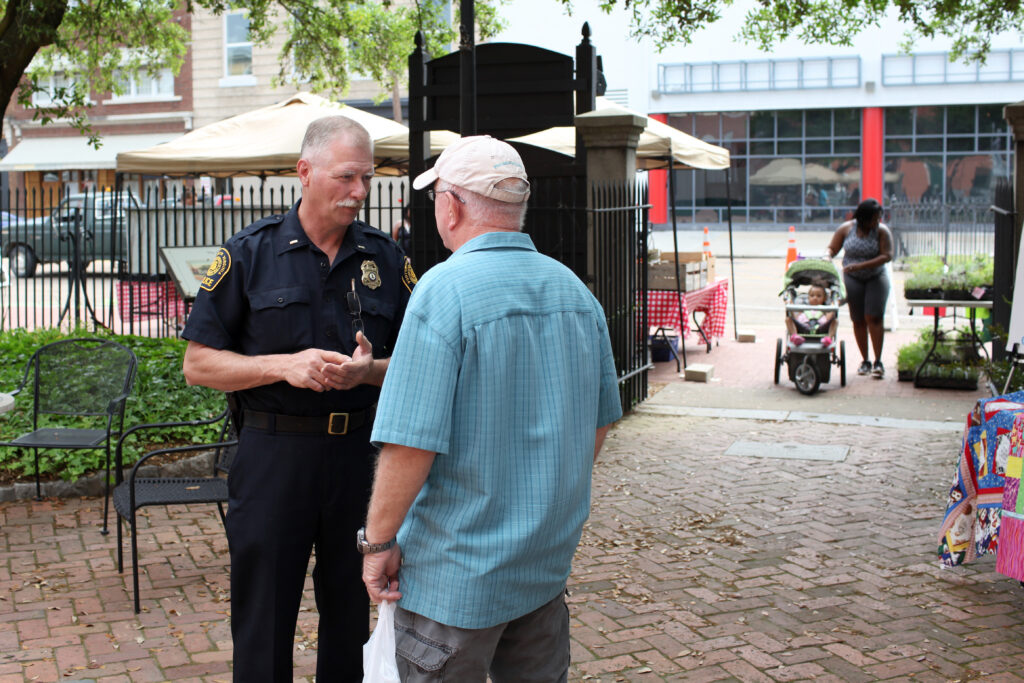GOAL
We partnered with George Mason University’s (GMU) Center for Evidence-Based Crime Policy to conduct a joint study that examines variations in officers’ professional trajectories, factors that impact their everyday decisions, and significant “turning points” in their careers. Through a partnership with the Fairfax County Police Department in Virginia, researchers will learn how and why officers (1) become interested in policing as a career, (2) are selected, trained, and assimilated into policing organizations, (3) interact with colleagues, supervisors, and community members during their career, (4) develop into their professional pathways, (5) make decisions and handle the consequences, and (6) leave the law enforcement agency or the profession.
The project is currently focused on the first three years of employment, with the ultimate goal of focusing on police officers’ careers over 10-20 years. This study aims to advance evidence-based policing practices in recruitment, retention, staffing, and officer performance.
WHY IT MATTERS
Law enforcement is a rewarding but high-stress and high-risk career. Over the years, the profession has been under scrutiny and strain, with high demands for reform and COVID-19 impacts. The field has seen large deficits in its workforce and low recruitment interest. This longitudinal study will help to improve recruitment and job success outcomes, advancing the well-being of agencies, communities, and officers and their families.
OUR WORK
Researchers at NPI and GMU are following a cohort of approximately 100 officers from their first interactions as applicants with the Fairfax County Police Department through the first few years of their careers. Researchers will conduct interviews and surveys and collect administrative data using a developmental and life course framework.
In 2023, the team developed and implemented a survey of all applicants to the Fairfax County Police Department (approximately 1,500 eligible individuals) to understand who applied and who may or may not become employed by the agency.
The survey and interviews are expected to help researchers learn:
officer experiences and turning points during each time period and at each transition;
officer perceptions of work, tasks, and expectations;
officer perceptions about the agency, supervisors, and colleagues;
officer perceptions about the people and residents they encounter in their daily work;
officer mental and physical health;
officer family life and work-life balance; and
officer demographics, characteristics, and worldviews.
The team will work collaboratively with the agency to collect administrative data, including performance during the academy, officer productivity, complaints, and use of force incidents involving the officers. Surveys, interviews, and administrative data will be linked and anonymized to protect officer privacy.
OUR IMPACT
As the first study of its kind, the findings are expected to provide an understanding of policing careers and advance evidence-based policing practices in recruitment, retention, staffing, and officer performance.
WHAT'S NEXT
In order to continue work on this project, additional funding and partnerships are needed.




